Do you regret life decisions? Do you blame yourself for certain events from your past? Do you often cringe and loathe every time you remember a specific memory? Regret can be a strong emotion which can affect how you live your life, this is why we should never regret early life mistakes.
A life filled with mistakes is a life worth living
Life is short and uncertain. So we take chances and risks at times which we think are great life decisions, only to realize later that it was a mistake that could have been avoided. And these mistakes lead to regrets in future as we grow, learn and mature.
All of us make mistakes. It’s basic human nature. Regretting our mistakes is also natural as we reminisce about our past and analyze our actions. The problem begins when we dwell in our regrets of the past and waste both our time and energy.
When you regret early life mistakes, you are insulting your past self and your present self. Mistakes help us learn, it helps us realize what will work and what won’t and it changes the way we think, behave and act. Mistakes transform who we are – our identity, personality and attitude.
Related reading: Why The Biggest Mistake Of All Is Protecting Yourself From Making One
All the bad decisions we made in the past have brought us here right to this very moment. Early life mistakes play a crucial role in our lives and only by looking at it positively can we grow into a better person.
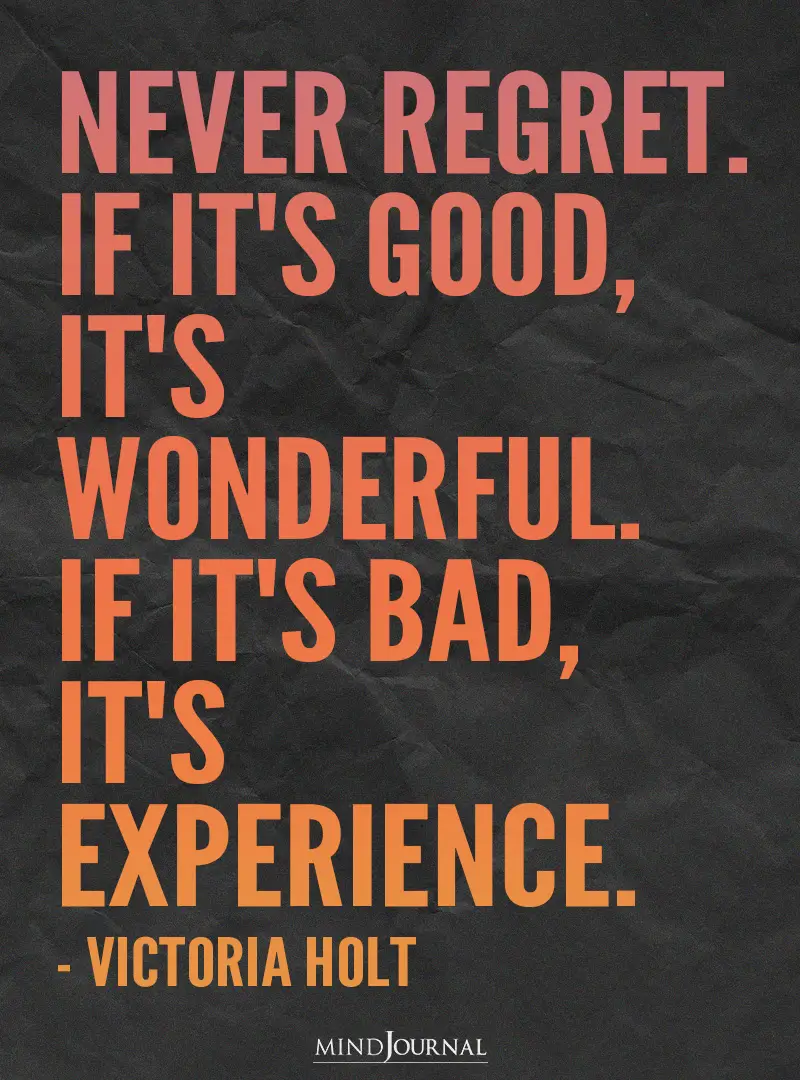
Why you should never regret your decisions
Most of us regret early life mistakes. But this only makes us human. But we should not hold on to it and let it change who we are as an individual.
This negative emotion is based on our realization that “a personal action could have made the past better.” Regret originates from self-blame and often leads to lower life satisfaction and difficulty managing negative life events.
Regarded as the “second most frequently mentioned emotion”, regret is prevalent in our everyday life. However, that does not mean we will allow regret to influence our lives.
Here are a few important reasons not to regret the past –
1. It builds your character
Poor decisions and mistakes lead to failure which often teaches us some valuable life lessons. Failure can be painful and difficult to accept, which can give birth to regret. But this is a natural process and emotion.
However, the harder we fall, the more resilient and determined it makes us. Failure is often considered as a great character-builder. So don’t regret early life mistakes.
Studies have found that “learning from failures is key to the effective functioning and long-term sustainable development.” In fact, learning from failures is closely associated with intrinsic motivation, which leads to self-development.
By thinking about our drawbacks, shortcomings, and weaknesses, we gain self-awareness and clarity about ourselves. It makes us wiser and more empathetic. Going through failure requires strength, and this strength leads you to success in the future. So why would you regret a decision that made you stronger than before?
Related reading: Why You Should Start Seeing Your Mistakes As Mirrors
2. It brings clarity
Failures and mistakes of the past can help us better understand what we actually want from ourselves and our lives in the future. Instead of seeking and pursuing things instinctually or by being influenced by others, failure and regret can empower us to ponder what we truly want.
Failure forces us to live our life intentionally and decide on our goals by providing us with better clarity about life. Instead of functioning on autopilot mode, we can live mindfully and purposefully. All thanks to past mistakes. This enhanced clarity will never come to us if we regret early life mistakes.
Mistakes and failure help us gain a new and deeper perspective that enhances our understanding and awareness. When you regret early life mistakes you rob yourself of this opportunity and push yourself towards stress and inaction.
3. It improves your emotion regulation
Making a serious mistake that can have severe consequences or alter your life can take a toll on your emotions. Accepting failure is never easy for anyone, especially if you have put in a lot of effort to accomplish your goals. It can push us towards a wide range of uncomfortable and difficult emotions like –
- Sadness
- Anger
- Stress
- Shame
- Disappointment
- Hopelessness
- Embarrassment
- Worry
- Avoidance
- Defensiveness
As these emotions can be rather painful, we may try to escape them or suppress them. Although initially we may feel overwhelmed by the weight of our mistakes and failures, we eventually learn to manage our emotions so that we are not dominated by all these negative emotions associated with failure in the long run.
Related reading: 8 Steps To Regulate Your Emotions When They Drive You Crazy
Studies have found that mistakes and “moral failure” can help develop the skills of emotion differentiation and emotion regulation. Learning to differentiate the wide range of emotions after failure can lead to better emotion regulation and encourage self-improvement in us. So why will you regret early life mistakes?
4. It teaches you to forgive yourself

Studies show that regret is associated with self-blame and guilt, especially in cases of depression and grief. Blaming ourselves for past mistakes is a form of emotional abuse which focuses on our weaknesses, insecurities & inadequacies and paralyzes our confidence and self-esteem.
Mistakes, on the other hand, provide us the opportunity to learn how to let go of the emotions and feelings related to poor decisions and empower us to learn how to forgive ourselves. Self-forgiveness is an art that allows us to let go of all the shame, blame, disappointment, anger, and bitterness that follow regret.
When you regret early life mistakes you keep yourself from appreciating and acknowledging your imperfections and flaws. You continue criticizing and blaming yourself for even the smallest mistakes and this can affect your future decisions and life choices.
Forgiving yourself comes with accepting yourself as you are and realizing that you have matured enough to make better decisions. Regret can never give you that.
Forgiving yourself means loving yourself.
5. It affects your mental health
Our mental well-being can be significantly affected when we regret early life mistakes. Regret can lead to –
- Chronic stress
- Anxiety
- Depression
- Restlessness
- Feeling lost or empty
- Sorrow
- Helplessness
Related reading: 10 Choices You Will Regret In 10 Years
Several studies show that “being immersed in regret was harmful to mental health and even could induce mental illness.” It can also result in physical health issues such as –
- Insomnia
- Changes in appetite
- Muscle tension
- Body pain
- Headaches
- Joint pain
- Others
Long-term regret can also affect our hormonal balance & immune systems. Moreover, it leaves us feeling like knowing about what might have happened if we opted for the other opportunity, which can reduce our level of life satisfaction. Remorse keeps us tied to the past and keeps us from moving forward in our lives.
Reasons not to regret the past
Here are some more reasons why you should never regret early life mistakes and acknowledge it as a natural part of the process of maturity –
- You will realize that there are no mistakes, only experiences
- With mistakes, you learn that you can never change the past
- The disappointment of failure will motivate you to evolve mentally, emotionally, and spiritually
- Mistakes teach you what you do want in life and what you don’t
- Bad decisions prove that you are independent, accountable, and have the strength to face the consequences
- Regret negatively affects your mindset & attitude and gives you a pessimistic outlook
- You will understand that the pain of mistakes lead to the satisfaction of achievements
- It helps you realize that life is chaotic, imperfect, and messy, as are you
- Failure shows you your weaknesses and areas of improvement to make you a better person
- Regret is only a waste of your time and energy
- Regret changes your sense of self and hinders your personal growth
Related reading: 6 Undeniable Things You Will Regret When You Grow Older
Why we regret early life mistakes
You should never regret mistakes that have added value to your life and taught you valuable life lessons. Yet every time we make difficult decisions or choices, there is the scope of regret.
As we weigh in the opportunity cost, we wonder if we made the right decision. Would it have been better if we chose the other option? Would it have made our life better?
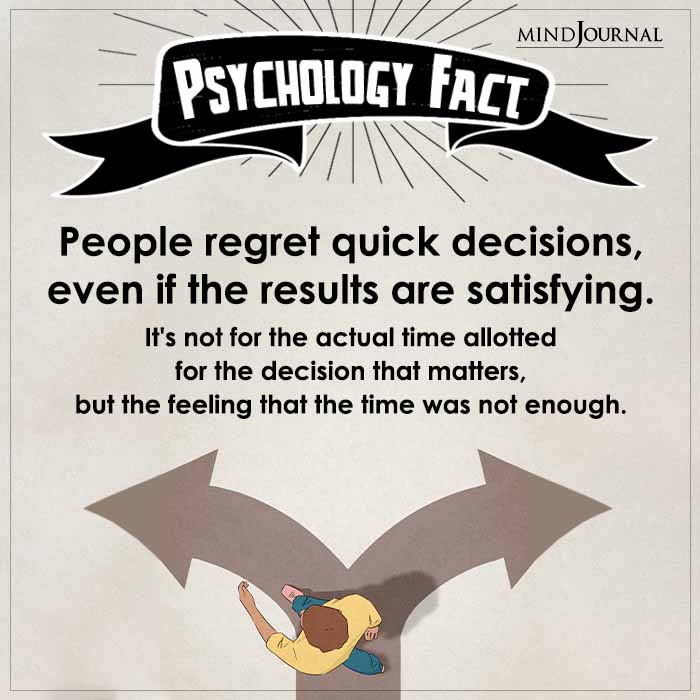
Opportunity, choices, and control are the primary determinants of regret. When we feel we were unable to control or manage the outcome of our past decisions, we may not regret early life mistakes.
However, when we had several choices and options and somehow turned out with the worst outcome, we may experience high levels of regret. Studies show that “Actions, or errors of commission, generate more regret in the short term; but inactions, or errors of omission, produce more regret in the long run.”
Hence, sometimes not taking any action can make us regretful.
Regardless, researchers believe that “opportunity breeds regret.” The higher levels of perceived opportunity we have, the more intense regret we feel. “Feelings of dissatisfaction and disappointment are strongest where the chances for corrective reaction are clearest,” add the researchers.
So if your past life decisions were governed by toxic relationships, abuse, abandonment or your need for a better life, then it is likely that you may not experience any regret. As we are less personally responsible for the outcome, rationalization and cognitive dissonance protect us from sinking into the deep hole of shame and repentance.
Related reading: Do You Regret An Entire Relationship? Here’s What’s Actually Going On
But when we are bombed with opportunities that can surely change the course of our life and our future, we are more likely to be remorseful. This is known as the opportunity principle, where the intensity of regret is related to the volume of options or choices.
No matter what causes regret and remorse, we need to focus on overcoming the feelings of blame, shame, and guilt, and instead focus on letting go of all the pain brought forth by the regret of past mistakes.
How to let go of your regrets
When you regret early life mistakes, it can be hard to figure out a way, develop a positive mindset, and move forward. Stepping beyond the shadows of “what ifs” can be undoubtedly difficult, but getting over early life mistakes is more than doable.
If you are entangled in the mesh of regret, then here are a few ways to find your way out and live without regrets –
1. Be introspective
Look inside yourself and see how a mistake made early in life has affected you. Look at it more as an experience than a series of poor choices. When you regret early life mistakes, your vision is limited.
When you reflect on the past and consider all good and bad things as experiences, you will realize how much you have learned and evolved. At least you won’t be making the same mistakes again, right?
2. Let go of your past mistakes
The stronger you hold onto your past, the more painful it becomes. Regardless of how much you repent, you cannot change the past. It had to happen in that very specific way to lead you to where you are now. It has transformed you into the person you are today, and unless you let go of your regret, you won’t be able to realize that.
Related reading: 20 Signs It’s Time To Let Go Of The Past And Move On
3. Take charge
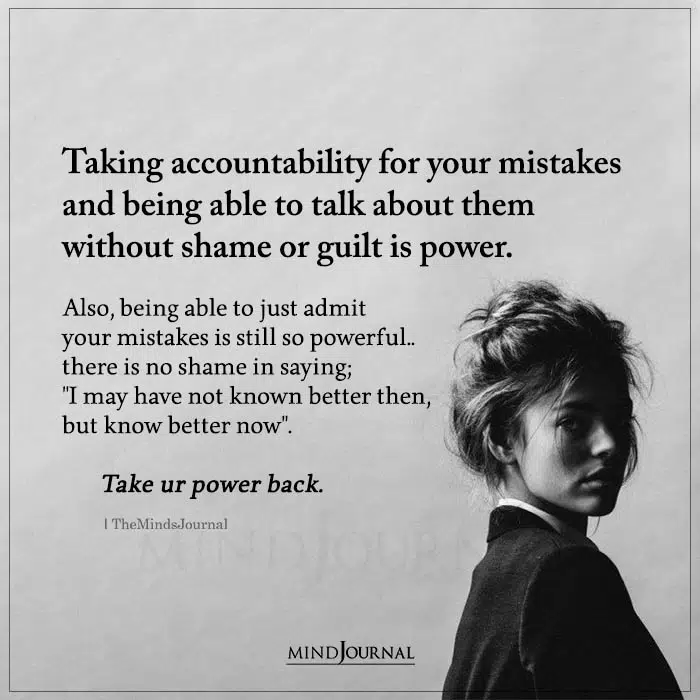
Take responsibility for your actions and your life, don’t regret early life mistakes. Although you shouldn’t drown yourself in self-blame and guilt, you need to take ownership of your decisions.
Rather than focusing on how external factors and others have affected your judgment, observe how your mental state has changed over time. Be grateful for the opportunities and be resilient enough to overcome any challenge that life throws at you.
4. Improve your self-awareness
Self-awareness refers to our conscious knowledge of our own selves – our thoughts, actions, emotions, desires, motivations, principles, personality, etc.
Self-awareness is the key to emotional intelligence, decision making, learning, self-control, and growth. Developing your self-awareness will help you understand what you want in life and how you can be genuinely happy.
5. Practice self-forgiveness
As mentioned earlier, unless you learn to forgive yourself (and others for that matter), you will not be able to step out of the shadows of regret.
Studies show that “higher levels of self-forgiveness are related to biopsychosocial well-being, and more significantly, serve as a shield against several disorders, such as depression, anxiety, and post-traumatic stress disorder.” Forgiveness is truly the secret to letting go of past mistakes and stepping forward.
Related reading: 13 Regrets Of My Life and How You Can Avoid Them
Here are some other ways of letting go of past mistakes and guilt –
- Prioritize your own needs and focus on yourself
- Find and understand your purpose in life
- Spend more time on doing things that you love and pursuing your hobbies
- Volunteer and give back to your community
- Be grateful for what you already have in life
- Try to be open to having new experiences and meeting new people
- Practice mindfulness and be aware of the present moment
- Set goals, both short and long term, and pursue them with dedication
- Practice self-care and self-love
Why regret early life mistakes when you can learn from it
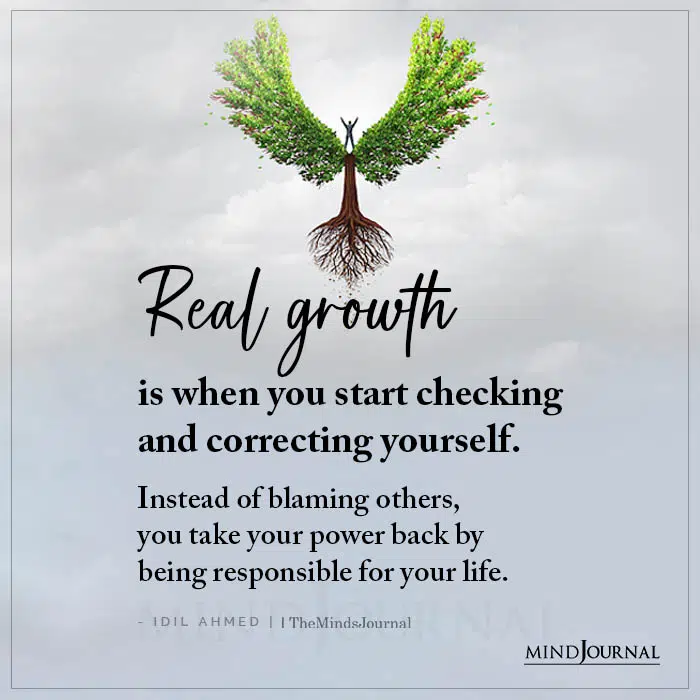
Regret is a negative emotion that can be hard to deal with. When you regret early life mistakes, you trap yourself in an endless loop of shame, guilt, and remorse. As regret is a natural human emotion, let it arise, acknowledge it, and naturally let it go.
We cannot avoid regret no matter how hard we try. We are human beings and we will make mistakes in life. That’s just how it is. Simply accept your inadequacies, learn from them and transform them into opportunities for self-development.
Accepting and forgiving yourself and actively learning from experiences can help you avoid the adverse effects of regret.
There is no such thing as “no regrets.” Instead accept, learn and evolve from regrets.
Re-great yourself!
Related reading: 10 Uncomfortable Signs You’re Becoming The Person You’re Meant To Be

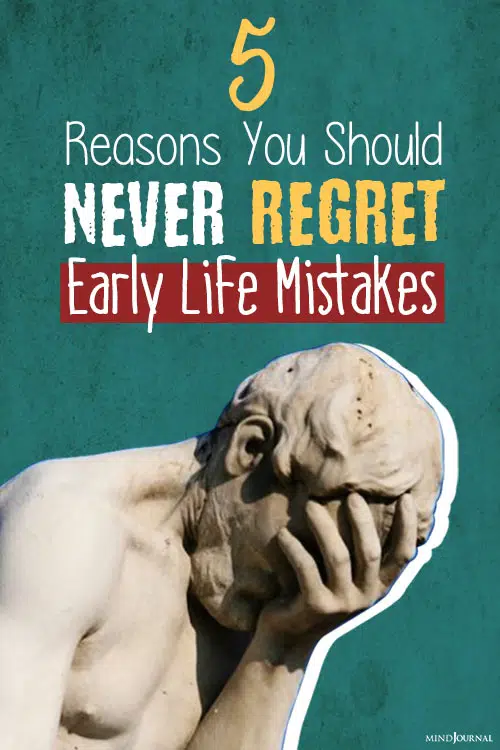
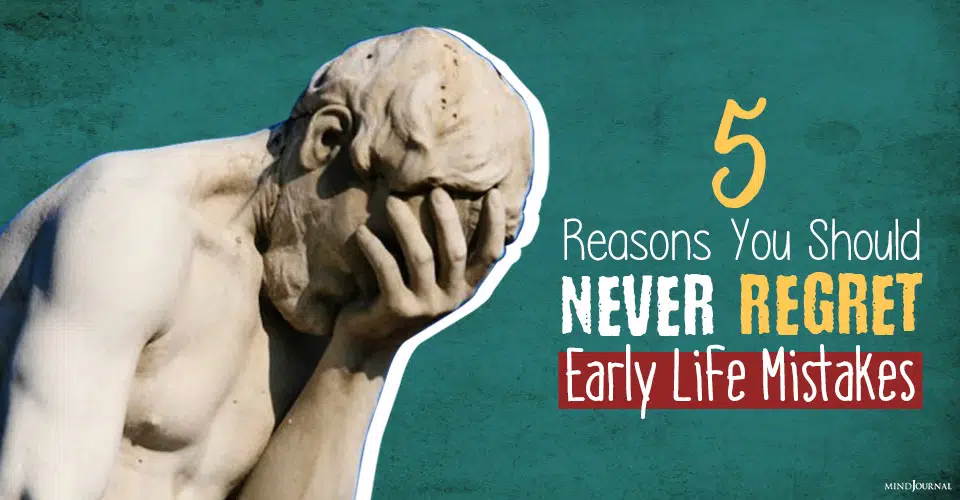




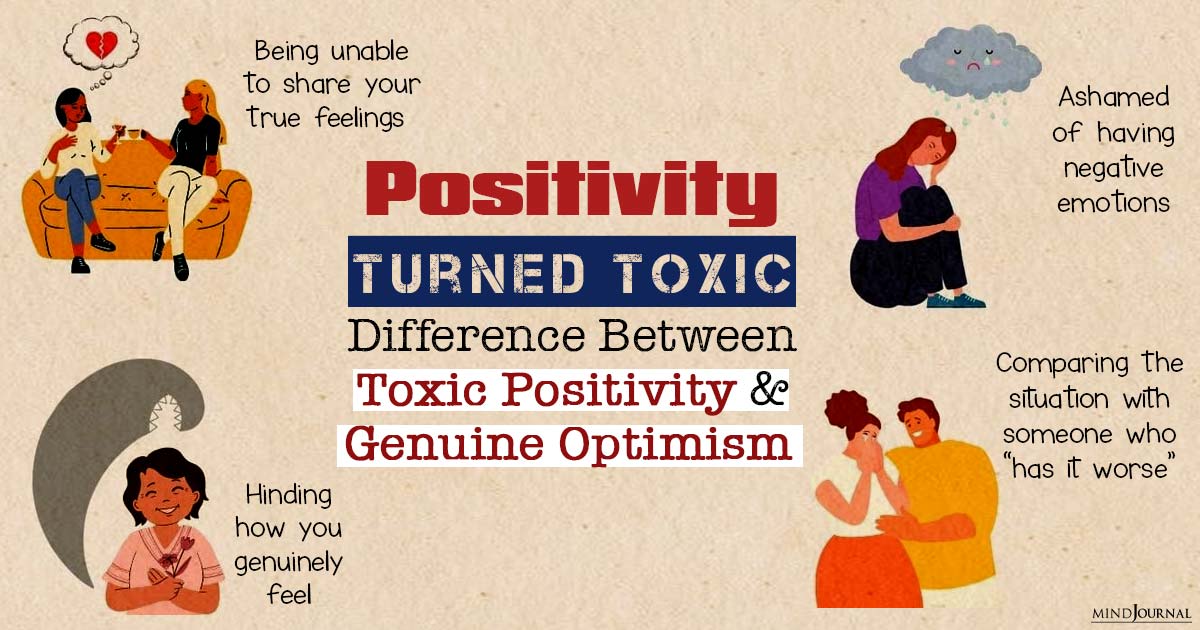

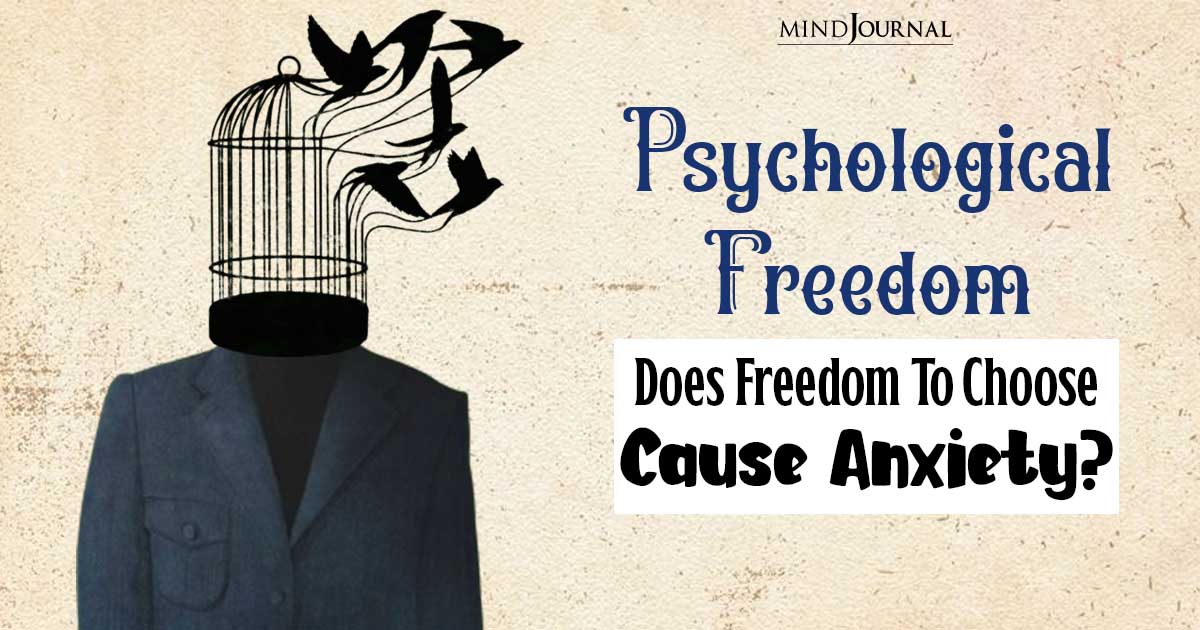
Leave a Reply
You must be logged in to post a comment.